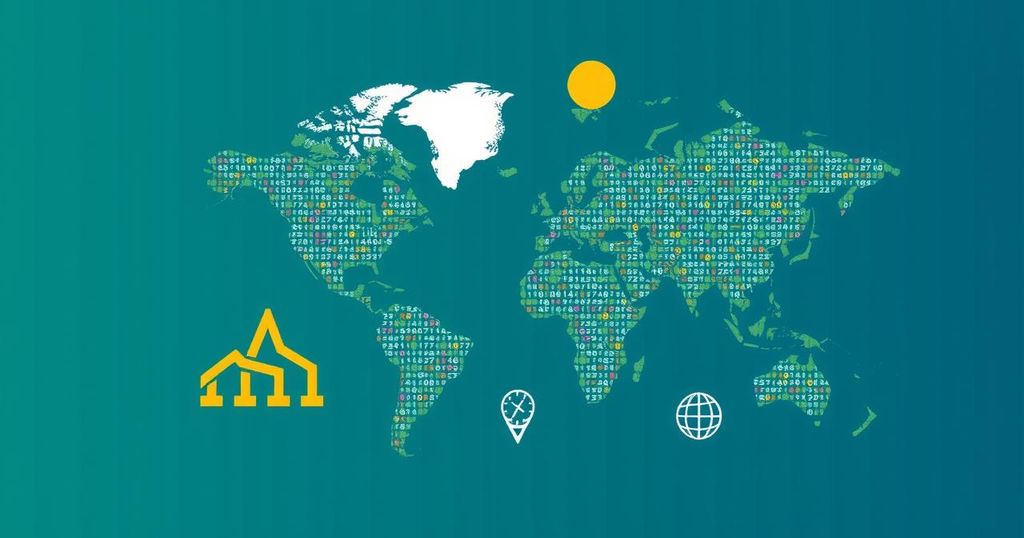The COP29 summit in Baku led to a disputed agreement on a $300 billion climate finance plan, which many critics, especially from developing nations, deemed insufficient. The negotiations were marred by fears of a U.S. withdrawal from climate commitments and geopolitical distractions. While the agreement raises funding levels, significant concerns about the sincerity of developed nations’ commitments persist, posing long-term challenges for global climate cooperation and upcoming discussions at COP30 in Brazil.
At the COP29 climate summit in Baku, President Mukhtar Babayev was prepared for divergent outcomes, ultimately announcing a contentious $300 billion climate finance plan. Although he hailed the agreement as a triumph, many critics, especially from developing nations, found it grossly inadequate. The negotiations were burdened by numerous challenges, notably fears of a potential U.S. withdrawal under the incoming Trump administration, geopolitical strife, and a focus on security issues exacerbated by the Ukraine conflict. These factors made securing substantial climate financing increasingly difficult and led to frustration among poorer nations, who felt marginalized during the discussions. Despite raising the climate finance commitment significantly, there remained grievances about the sincerity of developed nations’ contributions, signaling a worrying trend in international climate cooperation. As the situation unfolds, the upcoming COP30 in Brazil faces the daunting task of restoring trust amongst countries that feel disenfranchised by recent developments.
The COP29 summit in Baku comes at a time of increasing political tensions and uncertainties regarding global climate commitments. The potential return of a climate-skeptic U.S. presidency raises concerns over future international agreements and solidarity among nations. The fragmented approach to climate finance, particularly the ongoing difficulties faced by developing nations in securing adequate resources for climate adaptation and mitigation, further complicates these negotiations. Historical commitments have often fallen short, and this trend continues to threaten multilateral cooperation, essential for addressing the urgent challenges posed by climate change.
In conclusion, the contentious outcomes of COP29 underscore a fracturing of cooperative spirit in climate negotiations globally. Although a substantial climate finance plan was agreed upon, criticisms from developing nations highlight a significant disconnect between promises and reality. The anticipated changes in U.S. leadership and geopolitical distractions pose additional barriers to future climate negotiations, setting a challenging environment for COP30 in Brazil. Restoring trust and goodwill among nations will be an essential focus moving forward, as the world continues to grapple with the realities of climate change.
Original Source: wmbdradio.com






